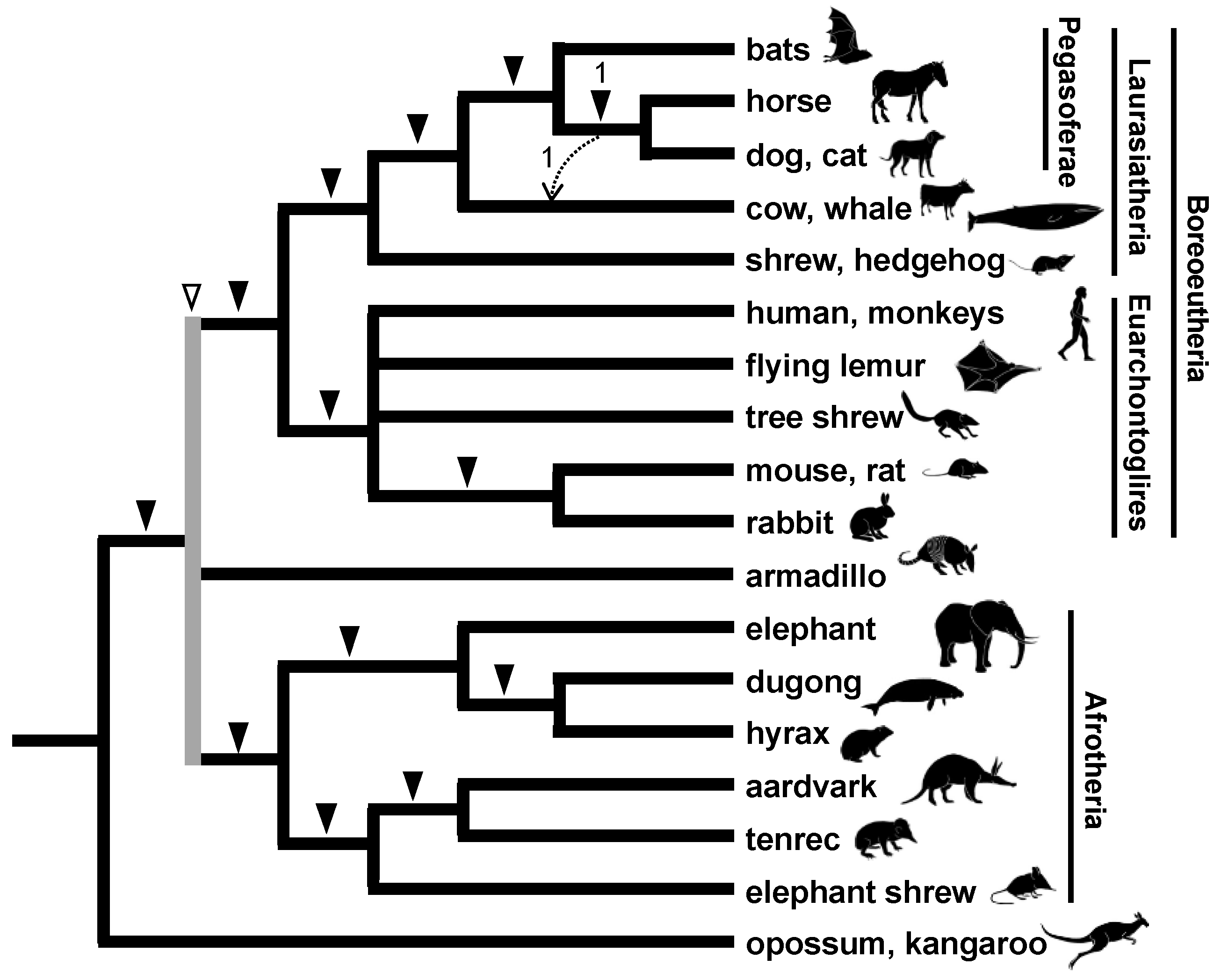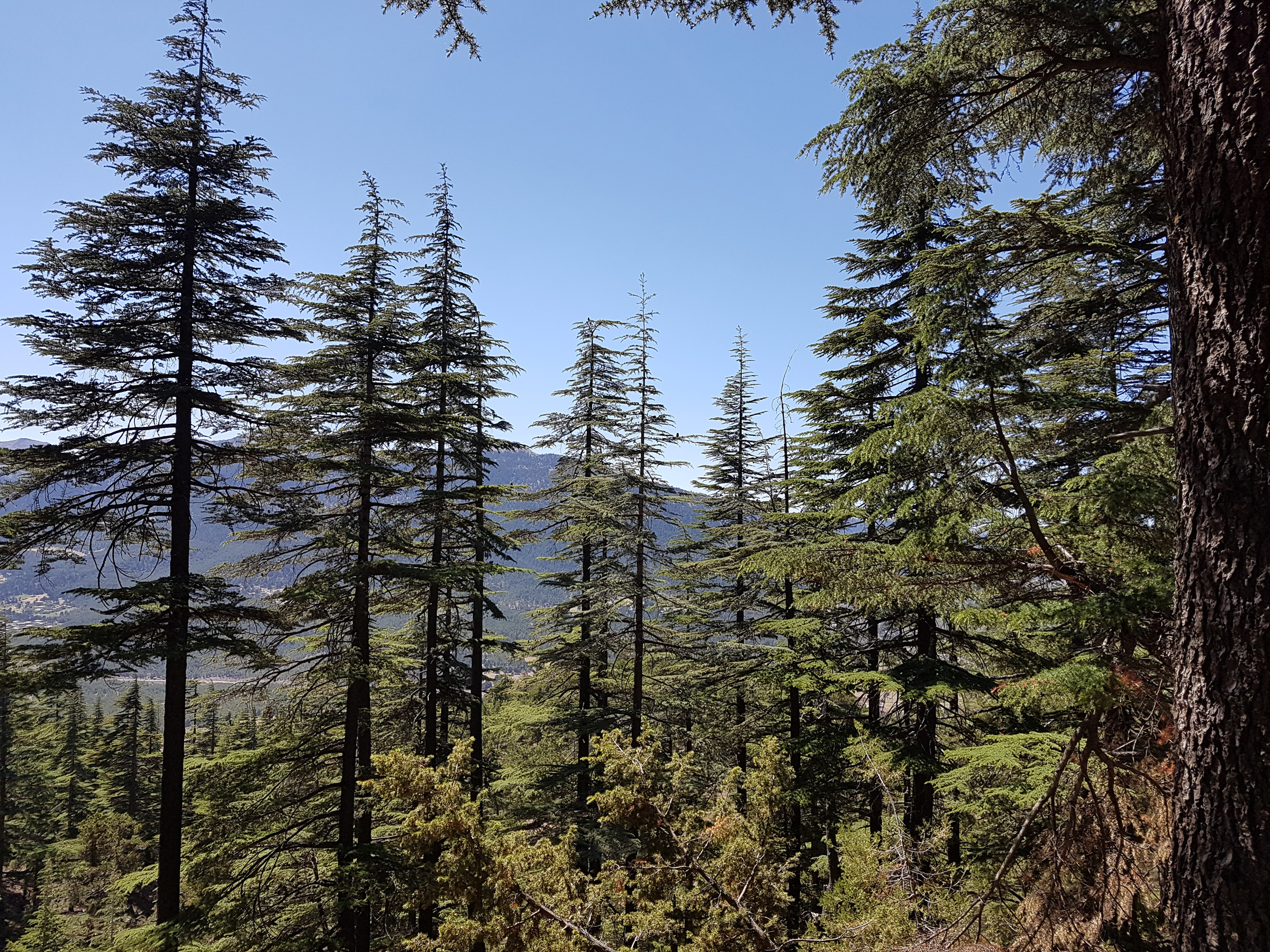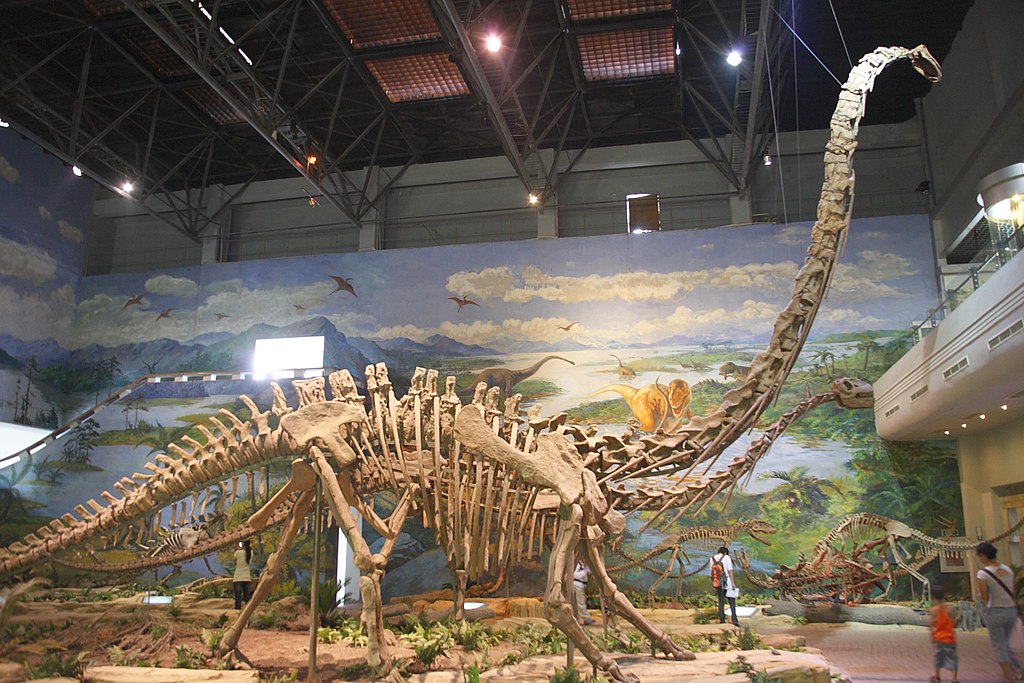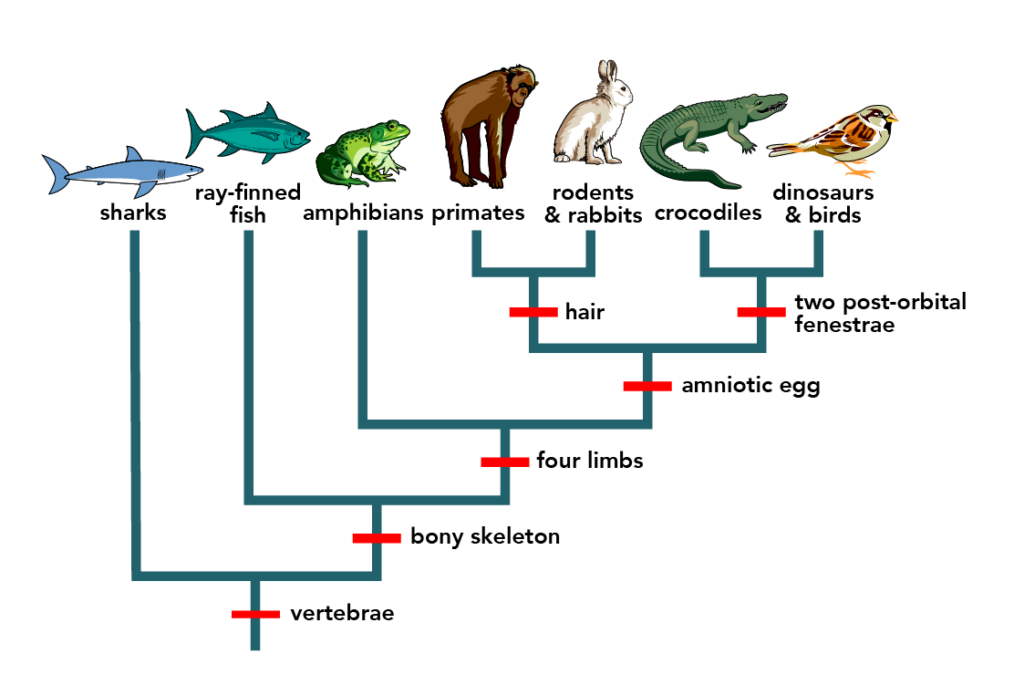kurt vonnegut said:
DirtDiver said:
When a person considers the cosmos and light travel AND assumes it wasn't created and designed, then I agree that the universe appears very very old. However when we have the Creator of the universe giving us specific details about the creation account, the timing, and purpose statements of the moon, sun, and stars, how animals reproduce, does this explanation best describe what we see in the natural world?
I think that one relevant question to ask here is "Is there specific information about the universe included in Genesis that ancient people could not have known? Or is it just common observation?"
What are the descriptions of the world we see that Genesis provides us: Day is distinct from night. Land is distinct from water. Water is distinct from sky. Water gathers to form bodies of water. Seeds produce plants. An apple seed produces an apple tree. Stars are different during different times of the year. Birds reproduce to make birds. And animals reproduce to make animals.
Does the fact that there are elements within Genesis that match our observation mean that the information was divinely provided to us? 3000 years ago, our ancestors had already been farming and domesticating animals for 8,000+ years. They understood all of this. They understood how day and night worked. How seasons worked. How reproduction worked.
Does Genesis actually provide a purpose statement for the sun, moon, and stars? While it affirms their existence and describes their function in helping us distinguish day from night and track the seasons, it also incorrectly identifies the moon as a light source. This description is just a reflection of how humans have used these celestial bodies rather than a statement of their intended purpose. If I use my coffee mug as a paper weight, that doesn't mean that it was designed for the purpose of being a paper weight. I've only described a way in which I've used something that exists.
---------
One more thought -
Today we observe the shifting of tectonic plates and the rising of mountain ranges. If God created the universe 6000 years ago, these mountain ranges would have been created as mature mountain ranges. We would still observe the tectonic movement and slow changing of the mountains. The geological processes are still valid - its just that you think they were created sorta mid-process.
My question to you is this: If God had not created mountain ranges as mature, is it reasonable to think that if the Earth was given sufficient time, the geological process we do observe would be capable of producing a mountain range?
Or maybe I could ask, if the Earth is still here in 100 million years, is it reasonable to think that the planet's geological structures will be greatly changed?
Quote:
I think that one relevant question to ask here is "Is there specific information about the universe included in Genesis that ancient people could not have known? Or is it just common observation?"
You may have answered this question with the point on moonlight being a reflection of sunlight. I do not know if the ancients would have known if this was a reflection of sunlight or not. This knowledge or lack of knowledge would not in anyway discredit the story. I doubt they would have had a discussion about continuums but I'm convinced that they were as intelligent as we are today and would have understood it if explained. (matter must exist in space and at a point in time)
Quote:
Does the fact that there are elements within Genesis that match our observation mean that the information was divinely provided to us?
No. The elements within Genesis that match our observation is not enough alone to lead to divine inspiration. The elements within Genesis is a body of evidence that when compared with the alternate explanations of the beginnings of the universe can be examined.
Claim:
Animals reproduce after their kind: observed today with billions of test cases across the globe
Animals at one time did not reproduce after their kind or life from non life: evidence?
Divine inspiration:
1. The descriptions of nature match reality (even human nature)
2. The descriptions of history match other historical records.
3. The descriptions of events match archaeology (Sodom and Gommorah, Jericho)
4. Theirs a claim of divine inspiration.
5. Theirs credible eyewitness testimony of the claims (people had nothing to gain)
6. Theirs supernatural evidence in fulfilled prophesies recorded in the text and in history not recorded in the text.
7. There's the credibility of Jesus.
Quote:
Does Genesis actually provide a purpose statement for the sun, moon, and stars? While it affirms their existence and describes their function in helping us distinguish day from night and track the seasons, it also incorrectly identifies the moon as a light source. This description is just a reflection of how humans have used these celestial bodies rather than a statement of their intended purpose. If I use my coffee mug as a paper weight, that doesn't mean that it was designed for the purpose of being a paper weight. I've only described a way in which I've used something that exist
These are the purpose statements:
14 Then God said, "Let there be lights in the expanse of the heavens
to separate the day from the nightand let them be for signs and for seasons and for days and years; and let them be for lights in the expanse of the heavens nd to govern the day and the night, and to separate the light from the darkness; and God saw that it was good.to give light on the earth"God made the two great lights,
the greater light to govern the day,
and the lesser light to govern the night;He made the stars also. 17 God placed them in the expanse of the heavens
to give light on the earthGenesis is not an exhaustive book on astro-physics or taxonomy, we should not read it as such. We know that moonlight is really sunlight. God was not interested in giving us this level of detail. Another example: When Jesus says" I am the door of the sheep. He's not telling us that he's a wooden post or board.
The creation account does give us enough information to understand some of the purposes for different objects in the creation (not exhaustively). And we learn that God created with order, power, intent, creative diversity. There's enough information that corresponds with reality that I think it adequately eliminates other options.
The order and intent contradicts both ancient and modern theories of life, personality, emotion, and rationality being a product of chaos, explosions, big bangs, etc.
Quote:
Today we observe the shifting of tectonic plates and the rising of mountain ranges. If God created the universe 6000 years ago, these mountain ranges would have been created as mature mountain ranges. We would still observe the tectonic movement and slow changing of the mountains. The geological processes are still valid - its just that you think they were created sorta mid-process.
My question to you is this: If God had not created mountain ranges as mature, is it reasonable to think that if the Earth was given sufficient time, the geological process we do observe would be capable of producing a mountain range?
First part correct with 1 qualification (flood event impact on mountains). I'm not 100 percent sure what you are asking with the last question. If you are saying, if we assume there is no God or creation event, would geological processes we observe be capable of producing a mountain range?
Maybe?
1. I believe there were mountains on Earth as part of the creation for the textual reasons below.
2. I don't know how many mountains were impacted/changed elevation during the cataclysmic event of the global flood.
3. I don't know how much time would be required to form a mountain range apart from cataclysmic events.
Assuming no God and unlimited time, I don't see why geological processes couldn't produce mountain ranges. I think God set many processes in motion at creation: The way the earth rotates, geological processes, the natural processes of reproduction, etc.
Here are a few observations I have about mountains from the biblical text and observation
1. Some of the highest mountains in the world have sea life fossils/ Everest. (I have seen this in some very high places in Texas as well
2. Mountain and rocks are often in layers with crazy bends that best indicates hydrologic sorting vs slowly deposited over time.
Text:
11 In the six hundredth year of Noah's life, in the second month, on the seventeenth day of the month, on the same day
all the fountains of the great deep burst open, and the floodgates of the sky were opened
Genesis: 7:18 The water prevailed and increased greatly upon the earth, and the ark floated on the surface of the water.
19 The water prevailed more and more upon the earth, so that all the high mountains everywhere under the heavens were covered.
20 The water prevailed fifteen cubits higher, and the mountains were covered.
21 All flesh that moved on the earth perished, birds and cattle and beasts and every swarming thing that swarms upon the earth, and all mankind;
22 of all that was on the dry land, all in whose nostrils was the breath of the spirit of life, died.
Genesis 8:
The water decreased steadily until the tenth month; in the tenth month, on the first day of the month, the tops of the
mountains became visible.
Psalms 104
He established the earth upon its foundations,
So that it will not totter forever and ever.
6 You covered it with the deep as with a garment;
The waters were standing above the mountains.7 At Your rebuke they fled,
At the sound of Your thunder they hurried away.
8 The mountains rose; the valleys sank downTo the place which You established for them.9 You set a boundary that they may not pass over,
So that they will not return to cover the earth.
Quote:
Or maybe I could ask, if the Earth is still here in 100 million years, is it reasonable to think that the planet's geological structures will be greatly changed?
Absolutely. Note this from Peter... For
ever since the fathers fell asleep, all continues just as it was from the beginning of creation." There will be more tectonic activity and erosion.







